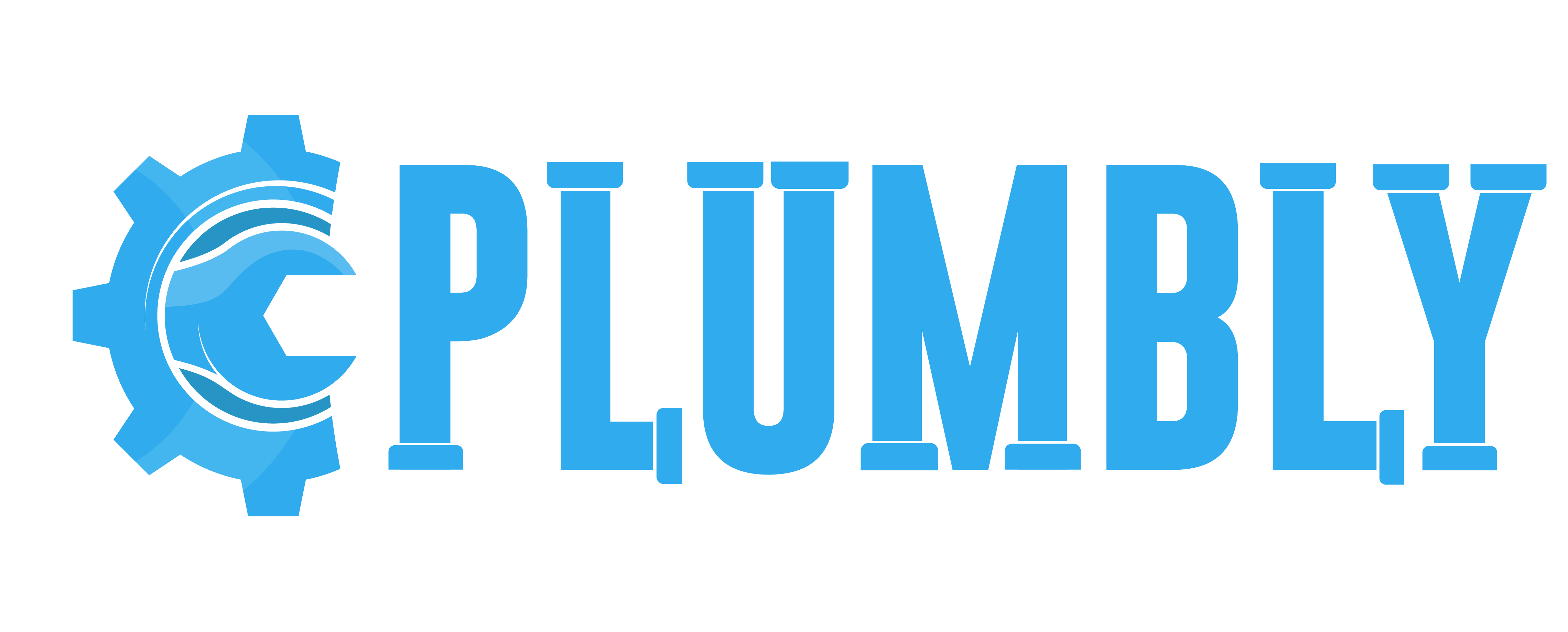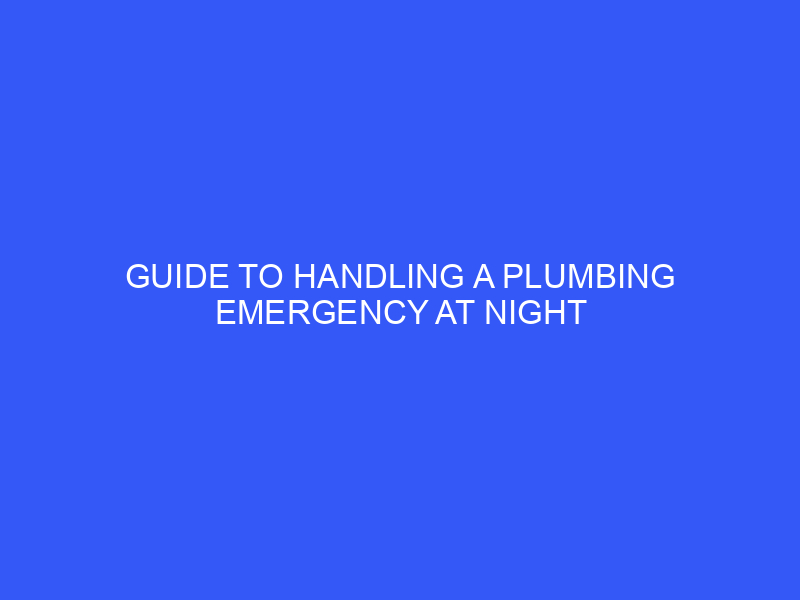Few things in home maintenance may be as frightening and intimidating as emergency plumbing situations. Burst pipes, overflowing toilets, and unexpected leaks can catch us off guard and make us panic. However, if you know how to deal with these unanticipated problems, you can manage emergency plumbing like an expert. This blog will provide you with the knowledge and skills to protect your home and respond quickly to a water-related crisis.
How To Handle A Plumbing Emergency
Emergency Plumbers: Your First Line of Defense:
When it comes to plumbing emergencies, speed is essential, which is when emergency plumbers come in. These knowledgeable technicians are prepared to manage emergency plumbing difficulties and provide quick remedies to avoid more harm. When you have a plumbing emergency, having the contact information of qualified emergency plumbers is vital. You can reduce the severity of the problem and prevent it from escalating by contacting them as soon as feasible.
Identifying the Source of the Emergency
Before the emergency plumbers arrive, it’s critical to analyse the situation and, if possible, locate the cause of the problem. For example, if you spot a busted pipe, immediately turn off the main water supply to prevent floods and water waste. Familiarise yourself with the location of your home’s main shut-off valve so you can act quickly in an emergency.
The Complexity of Perplexity in Emergency Plumbing
Emergency plumbing issues can be complicated, and the difficulty of dealing with such situations is heightened when you have inadequate plumbing expertise or experience. Feeling stressed during these times is natural, but being calm is essential. Understanding the fundamentals of your plumbing system and becoming acquainted with frequent difficulties will help you make informed decisions.
Handling Burstiness: Reacting to Variations
Plumbing emergencies, like the unpredictability of burstiness in writing, can vary in intensity and severity. Some issues, such as a dripping faucet, may appear small, while others may pose a significant threat to the structural stability of your home. It is critical to prepare for these developments. In an emergency, assess the situation and prioritise your efforts based on urgency.
Everyday Emergency Plumbing Situations and Solutions
Burst Pipes:
A busted pipe is one of the most frightening plumbing emergencies. When faced with this situation, immediately turn off the main water supply. Then, open all the faucets to drain any remaining water and prevent damage. To absorb and prevent the spread of water, use towels or rags.
Call an emergency plumber to repair the broken pipe and examine any water damage. When the plumber arrives, explain the situation and hand over control.
Overflowing Toilet:
Overflowing toilets can create untidy and unsanitary situations. Turn the valve behind the toilet clockwise to turn off the water supply. Remove the lid and adjust the float ball or cup to stop the flow if the bathroom continues overflowing. While you wait for the plumber, mop up any extra water and sanitise the area to prevent contamination. Avoid using chemical drain cleaners since these may aggravate the condition.
Leaking Water Heater:
If you find water gathering around your water heater, turn off the electricity and the water supply. To avoid mishaps, avoid using electrical appliances near water. Place a bucket or container beneath the leak to catch water and protect the surrounding area. Call an emergency plumber right away to assess and repair the water heater. Water heater leaks can cause energy waste and electrical dangers.
Clogged Drains:
Due to stubborn obstructions, water can back up in sinks, bathtubs, and showers. Chemical drain cleaners should be avoided since they harm your plumbing and the environment. Instead, use a plunger to loosen the clog gently. If the obstruction remains, use a drain snake or auger to clear it. For severe clogs or clogs affecting many fixtures, it is preferable to obtain assistance from emergency plumbers with the necessary skills and tools.
Preventive Measures to Minimize Emergencies
While knowing how to handle a plumbing emergency crisis is critical, eliminating them in the first place is much better. Basic preventive measures will help you avoid many plumbing crises, saving you time and money.
Regular Maintenance:
Schedule frequent plumbing system inspections and maintenance to uncover potential problems before they become emergencies. An annual check-up by a skilled plumber can go a long way toward ensuring that your plumbing functions correctly.
Avoidance of Misuse:
Educate your family members on what they can and cannot flush the toilet or pour down the drain. Non-biodegradable substances, grease, and excessive food scraps should not be washed because they can cause clogs and damage your plumbing.
Temperature Monitoring:
Keep your home appropriately heated during winter to keep your pipes from freezing. Frozen pipes can explode and cause extensive water damage. To prevent freezing, consider insulating exposed pipes.
Upgrading Fixtures
Consider installing low-flow toilets, faucets, and showerheads to save water and avoid leaks. These new fixtures not only save water but also money on utility costs.
Takeaway
Managing plumbing emergencies can save you from significant calamities and pricey repairs. Keep the contact information of reputable emergency plumbers on hand in case you require immediate assistance. Furthermore, be calm, assess the situation, and prioritise your activities to limit the harm successfully.
You may handle emergency plumbing like a pro by combining the principles of ambiguity and burstiness, protecting your property and family from water-related disasters. Preventive and proactive plumbing system maintenance will help a stress-free and smooth-running family. With the information and advice in this guide, you can confidently handle plumbing emergencies like a seasoned professional, ensuring your home’s safety and well-being for years.


